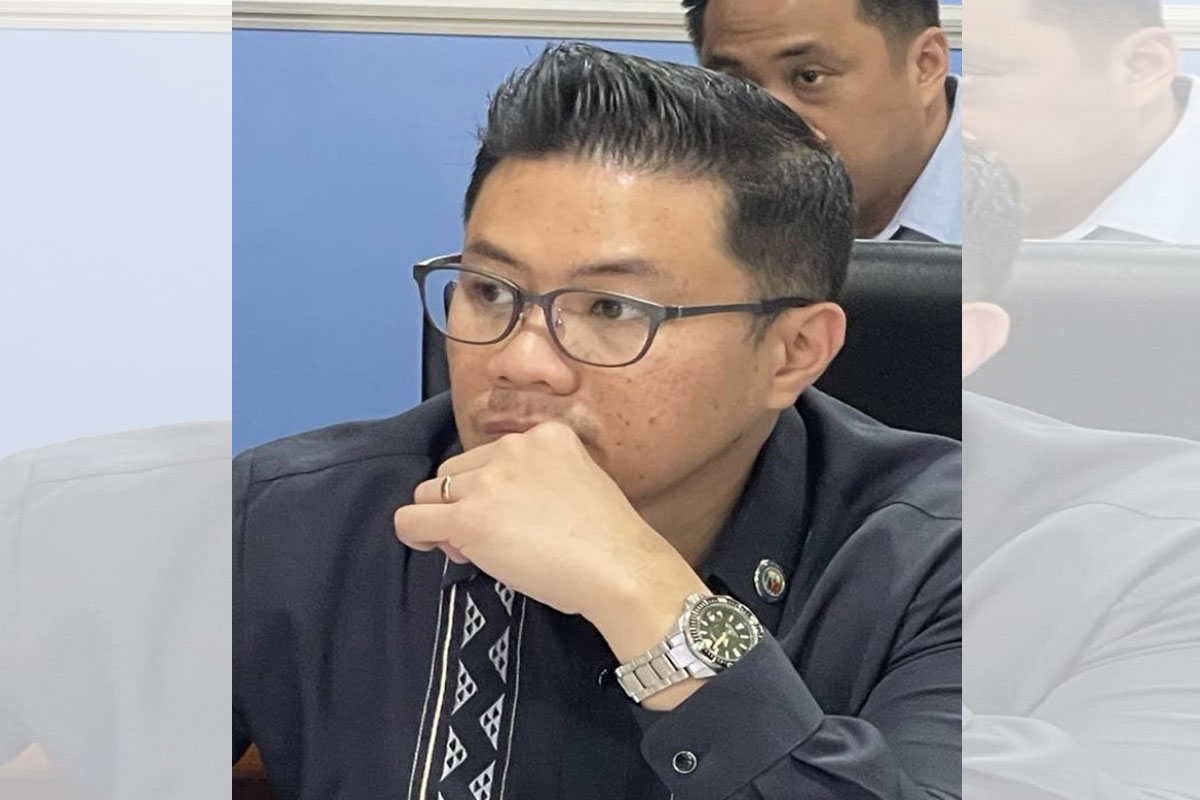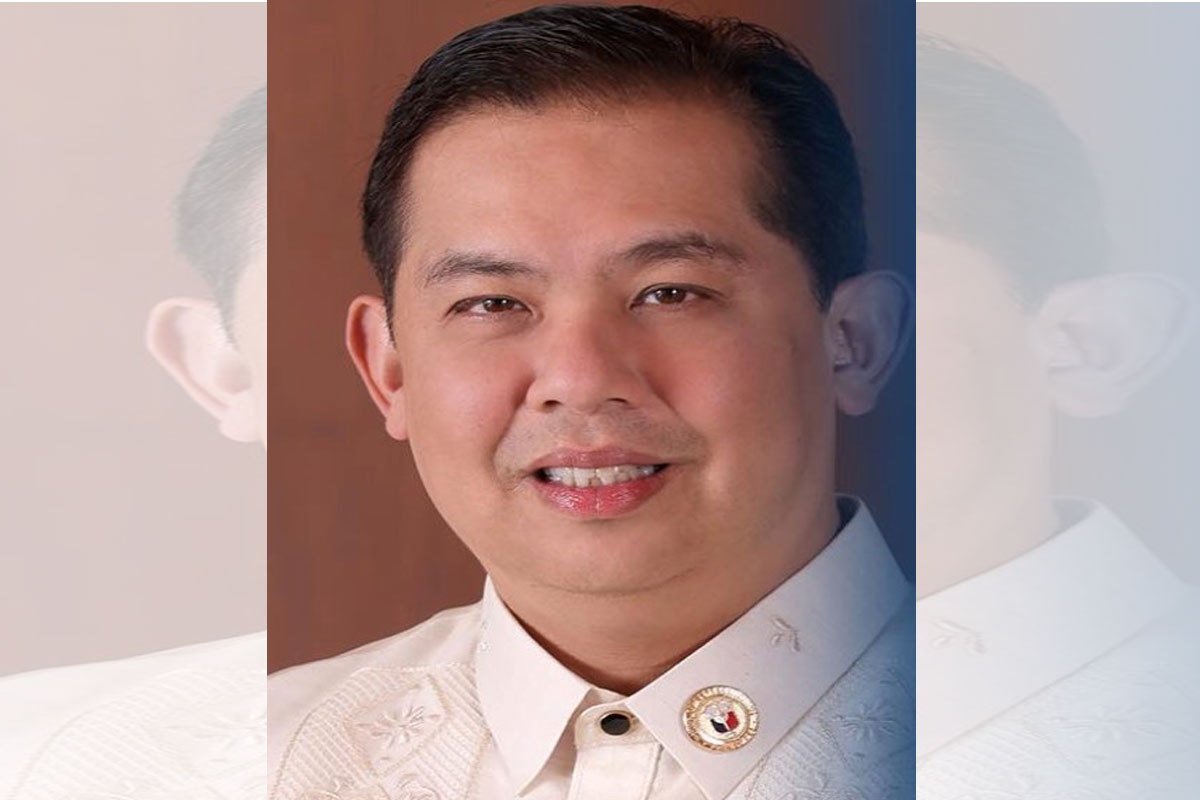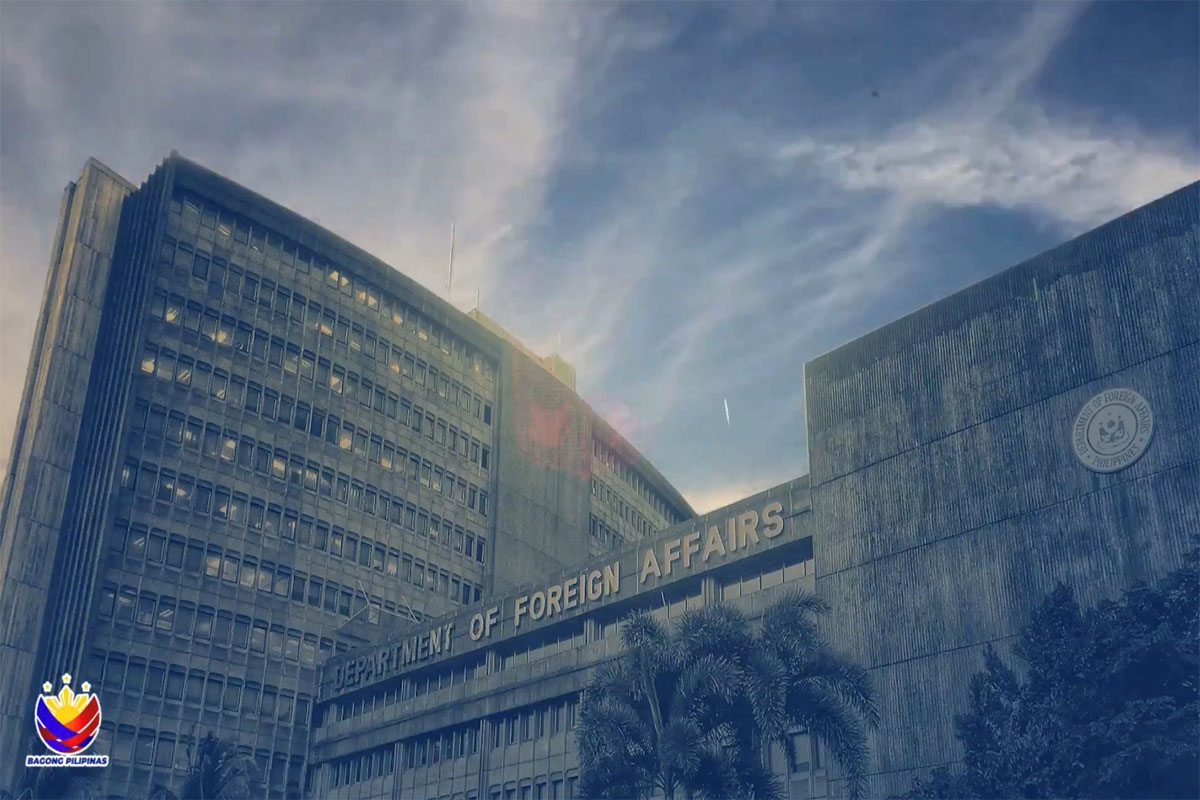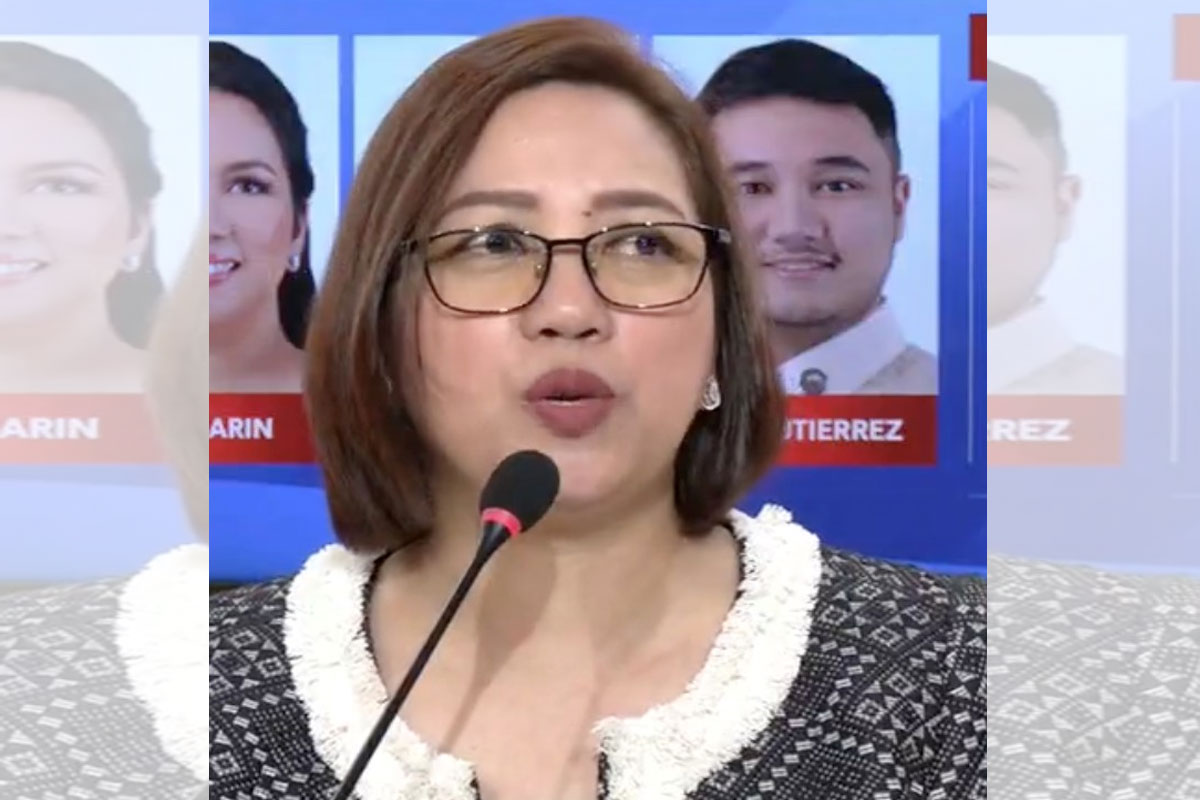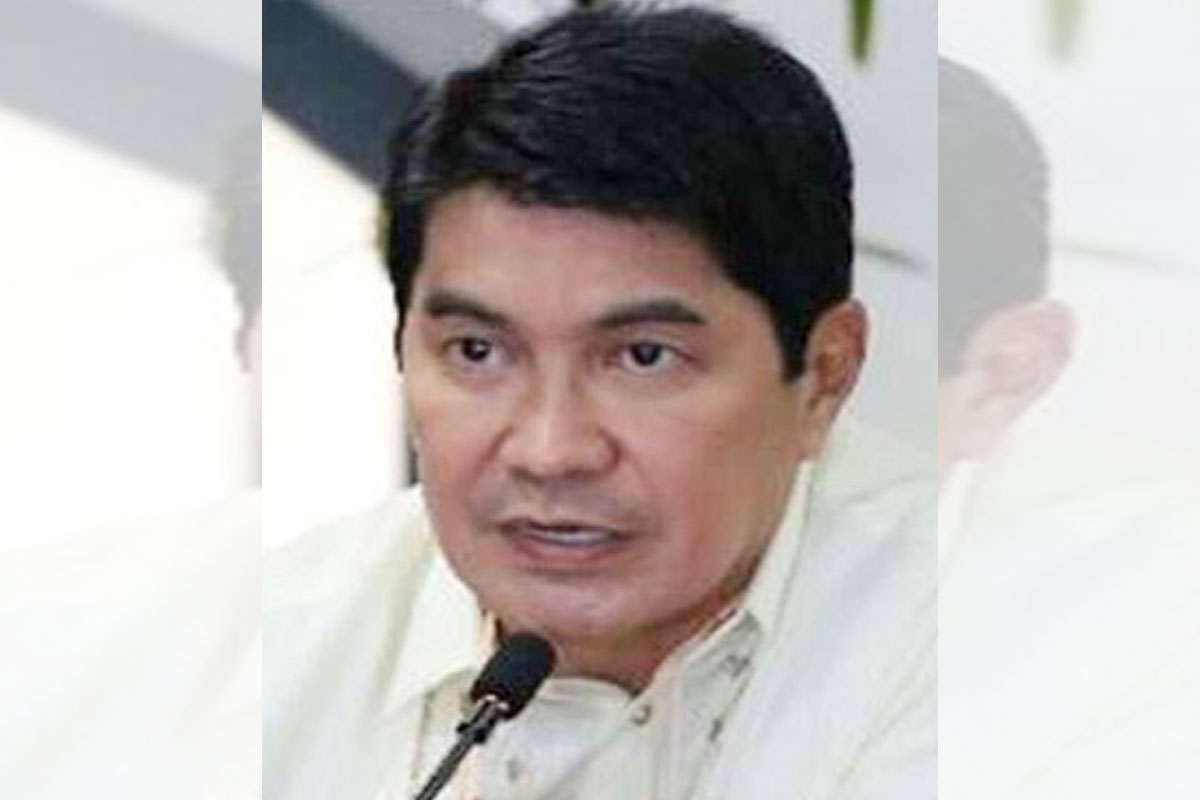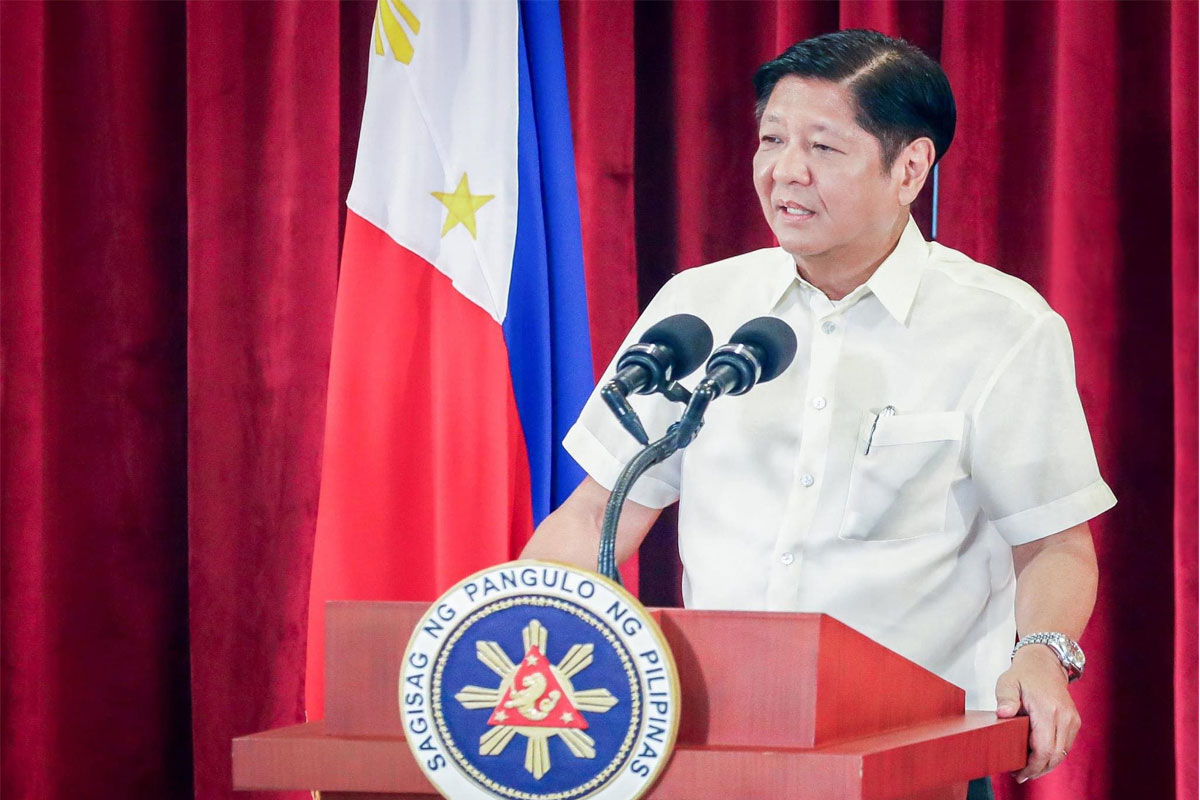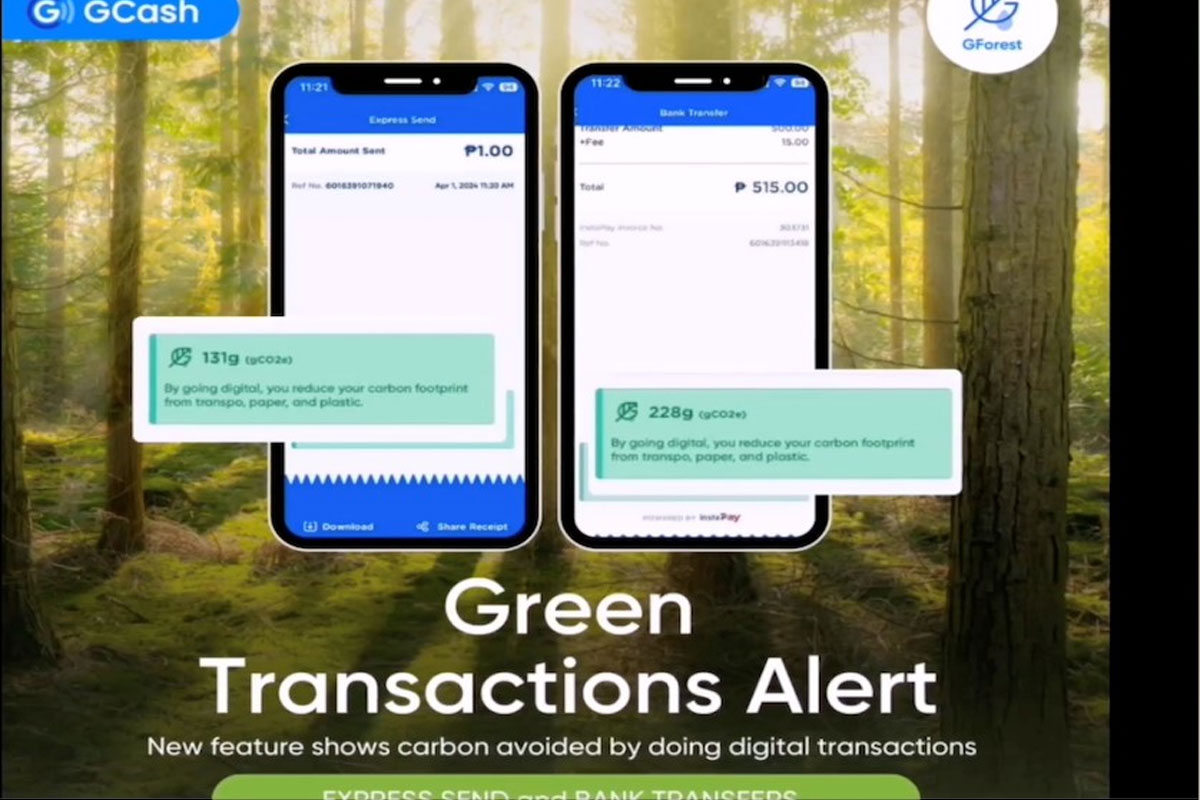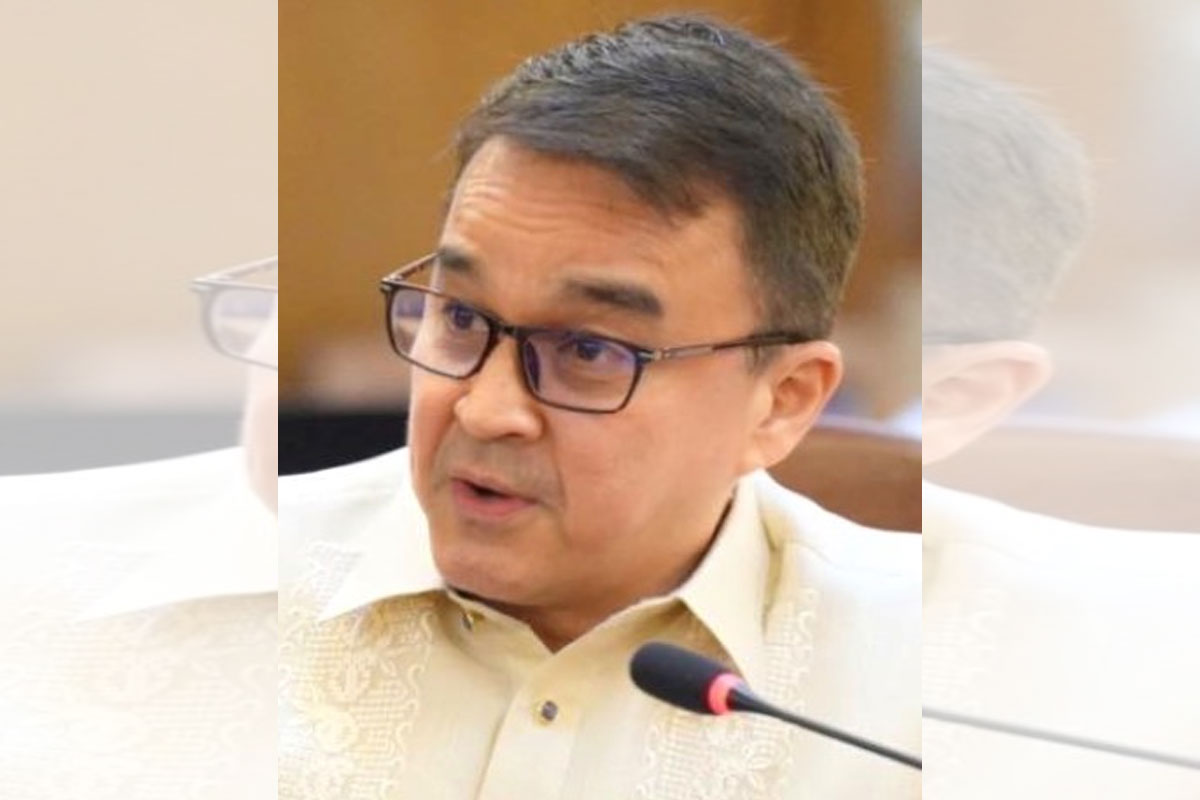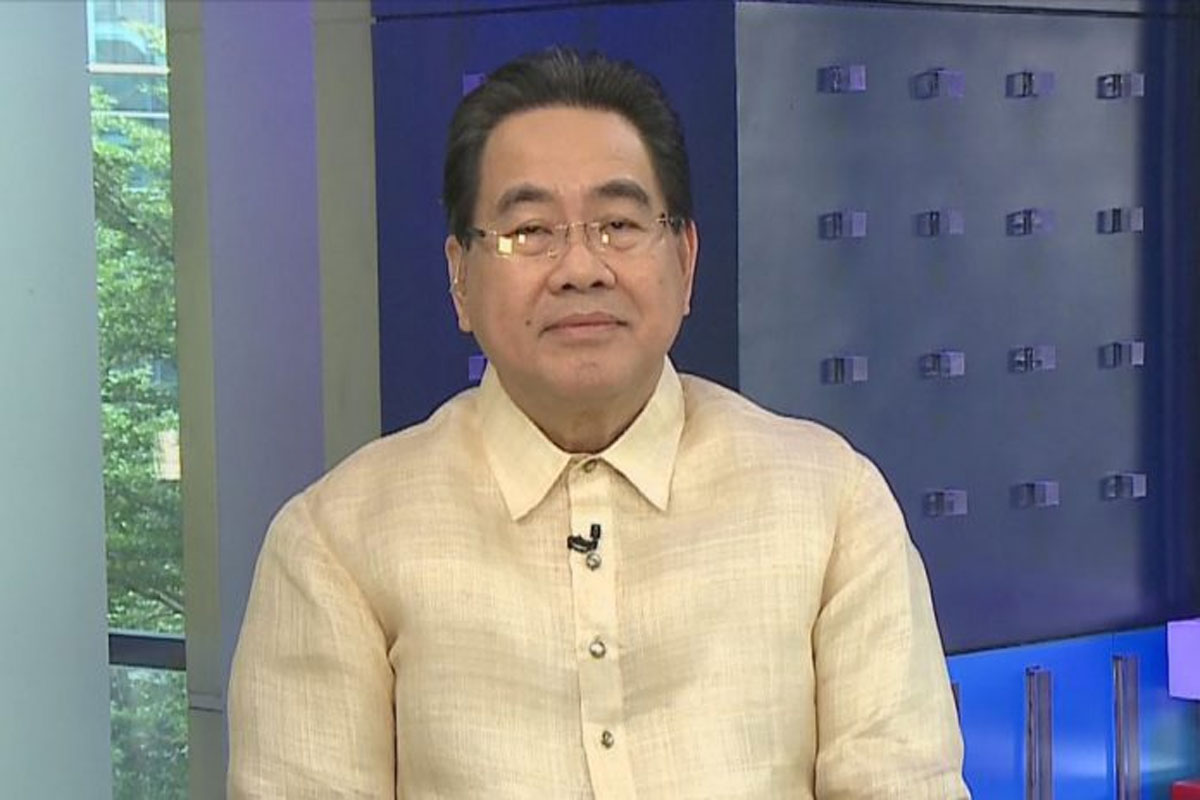
House urged to pass bill on suspension of oil tax hikes
DEPUTY Speaker and Cagayan de Oro City Rep. Rufus Rodriguez on Monday urged the House of Representatives to pass his bill on suspending excise tax increases on oil products this week.
“The Speaker wants the proposed tax reduction approved immediately or as soon as possible. So let’s do it before the week is over, on the first week of our resumption of session,” Rodriguez said.
Rodriguez said cutting the oil levy “will bring immediate relief to our people, who are reeling from the double whammy of the raging pandemic and rising pump prices of gasoline, diesel, cooking gas, and other petroleum products.”
“Enacting the bill will cut the tax and pump prices by at least P3 per liter and P33 per 11-kilogram cylinder of liquefied petroleum gas. It will have a domino effect on the prices of consumer goods and services,” Rodriguez said.
He added that the House could hold one hearing before passing his House Bill (HB) 10246, which seeks to suspend excise tax increases on oil products imposed under Section 43 of Republic Act No. 10963, or the Tax Reform Acceleration and Inclusion (TRAIN) Law, for four years.
“Alternatively, to hasten the approval process, we could just take cognizance of the broad clamor from the public for relief from soaring fuel prices and the opposition of the Department of Finance (DoF) to our proposal. They will simply repeat what these sectors have been saying if we call them to a hearing,” Rodriguez said.
He said his bill calls for an across-the-board suspension of excise tax adjustments under the TRAIN Law, and not just on certain oil products.
“Let us not be selective. Let us try to help all sectors of the population and the economy. They are all affected by and suffering from the Covid-19 pandemic,” he stressed.
Rodriguez said his bill would benefit all these sectors, including tourism and aviation, which are among the hardest-hit by the pandemic that has forced many airlines to close shop.
“They will benefit, because our proposal would also reduce the tax on aviation fuel and other oil products tourism- and aviation-related businesses are using,” he said.
He said his proposed law would also cover fuel being used for generating electricity.
Its approval should result in lower cost of travel, which should be good for tourists, and in electricity as well, in addition to reduced cost of goods, he added.
HOUSE TAX PANEL MOVES TO REDUCE FUEL EXCISE FOR 6 MONTHS
The House committee on ways and means chaired by Albay Rep. Joey Sarte Salceda has moved to create a technical working group (TWG) to craft the panel’s substitute bill reducing fuel excise taxes imposed under the TRAIN Law, based on Salceda HB No. 10348.
The proposal will completely suspend excise taxes on diesel (from P6/liter) and kerosene (from P5/liter) from December 1, 2021 to June 1, 2022, while reducing excise taxes on gasoline by as much as P3/liter. Salceda also directed the TWG to differentiate rates between premium and unleaded gasoline, given the use of unleaded gasoline by the public transport sector.
“This is immediate relief. I am skeptical of targeted measures when the situation is dire because they tend to take time, and many fall through the cracks. A universal approach gets the job of easing suffering done quickly,” Salceda said.
“At the same time, I do not want to commit the next administration to a long-term policy of tax reduction. So, I think this is a happy compromise,” Salceda added.
According to the Department of Finance (DoF), Salceda’s proposal will result in foregone revenues of P37.5 billion. This, Salceda said, can be offset in part by increases in VAT collection due to higher prices.
The DoF also estimated that Salceda’s proposal could increase disposable incomes by 0.22 to 0.48 percent, increase consumption by around 0.2%, and reduce inflation by around 0.14%.
Salceda also directed the TWG to mandate the DoF and Department of Energy to monitor prices and exercise motu propio powers to investigate abnormal price activity, revert to TRAIN tax rates should crude oil prices reach below USD 60/barrel during the suspension period, provide the DBCC the power to reduce excise tax rates when certain thresholds are breached.
Salceda also directed the TWG to create the Social Impact Stabilization Fund, which will be used and appropriated as ayuda for the lower 80% of households by income, when prices increase. This will be funded by imposing a P2/liter on petroleum products when the prices decline below the 30-year average of prices.
“The government tells me that we do not have the money for a large-scale ayuda for those who will be affected by higher petroleum prices. I think this feature solves that. In the future, when prices go up, we will have funds to support mass financial relief.”
Salceda also directed the DOF to improve its anti-smuggling efforts.
“During periods of high prices, the incentive to smuggle also increases. That is why I would like the Bureau of Customs and the DOF to update me on its fuel enforcement measures. Earlier this year, we agreed that we will create a Task Force Paihi to combat fuel smuggling in our ports. I would like updates on that,” Salceda.
“Perhaps foregone revenues could be recovered to cushion the revenue impact of this proposal,” he said.
“I also ask the DoE to provide me a disaggregation of the components of pump price. That way, we can determine what other interventions will lower prices.”
The House tax panel says it will meet again on Thursday to discuss the fuel excise tax -related bills and formally discuss and approve the substitute bill.
“We could not approve today because the bills have not yet been formally referred. But, the Committee on Rules lead by our Majority Leader, is committed to meeting about the bills and referring them to us before Thursday,” Salceda said.




